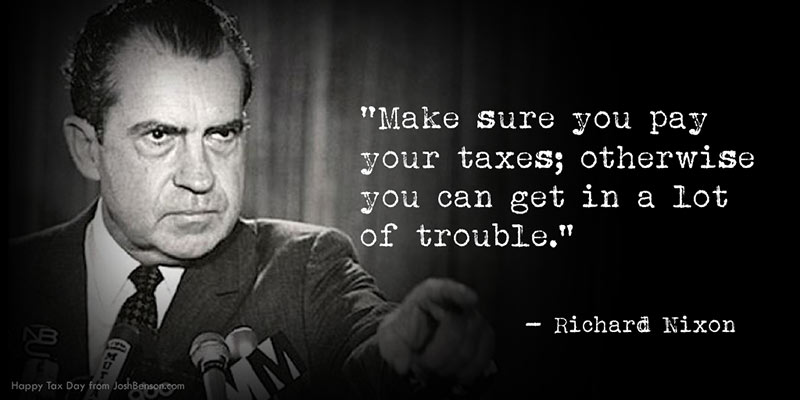
Tax Savings Strategies For Small Businesses

4mins
Taxes can be stressful for a small business owner. You likely wear many hats, and the last thing you want to do is give more of your hard-earned business income to the government.
Some small business tax savings strategies, like timing income and expenses, must be accomplished before the end of the tax year. But others, such as funding a retirement plan, can be done at any time before you file your tax return.
As a business owner. If you need ways to reduce your taxable income this year, consider some of the following methods below.
Retirement Plans
Setting up retirement plans for your employees can be an effective way to save money on taxes. At the same time, it helps keep your employees happy. When you set up a retirement plan, it allows your employees to make contributions on a pre-tax basis for their retirements. Then when they contribute, you also have the option of contributing money to their accounts. The money you contribute can be deducted from your taxable income.
Flexible Spending Account
Setting up a flexible spending account can be an effective way to help your employees meet medical needs. It also helps save money on your taxes. A flexible spending account is a type of account that can be used to pay for out-of-pocket medical expenses like co-pays and prescriptions. When you deposit money into your employees' accounts, this money is not subject to payroll tax. It helps give your employees an extra financial benefit as well.
Expenses
It is important to review your tax situation throughout the year so you have an idea of what deductions will be available. When you incur legitimate business expenses, the Internal Revenue Service lets you deduct these expenses from your taxable income. If it's near the end of the year, you may want to increase the number of expenses you have so they can offset some of the income you generated for the year.
Charity
When you need to reduce the amount of taxable income you have for the year, making donations to charity can be an effective tool. Giving money to a nonprofit organization, such as a church or a charity, helps the community and gets you a tax deduction. The charity should give you a receipt or a statement at the end of the year showing how much of a contribution you made so the amount can be proven.
Buy Equipment and Vehicles for Depreciation Deductions
Businesses can take tax write-offs on purchases of business equipment, machinery, vehicles, and sometimes even real estate. These write-offs can sometimes be taken in the first year you own and use the equipment.
Bonus depreciation is an extra benefit for buying assets. The TCJA also increased this tax break from 50% to 100% of the cost for assets placed in service from September 27, 2017, through January 1, 2023.5
Talk to your tax preparer if you've purchased any major assets to find out if you qualify.
Deduct the Cost of Gifts
You can deduct up to $25 per person off the cost of gifts given to customers and vendors. An exception exists for those that have your business name, are distributed as a matter of course, and cost less than $4.
Deducting the costs of entertainment is a bit trickier if you show your appreciation by paying for a good time. These costs are no longer deductible unless the event is directly related to your business in some way.
Time Your Business Income and Expenses
Scheduling your income involves moving it from one year to another. You first have to determine the year in which you expect to pay the most in taxes.
Review your current expenses before the end of each year and prepay some of those amounts if you want to reduce your income for the current year. You can also increase your expenses and decrease income by making expenditures such as stocking up on supplies.
Write Off Bad Debts to Reduce Income
The end of the year is also the time to review your customer accounts if your business operates on the accrual accounting method. First, find those customers who aren't likely to pay you. You can write off the amounts they owe as "bad debts" and deduct these amounts from your business income to save on taxes.
Bad debts can also include loans made to clients, vendors, or employees who don't pay you back.
Check With a Qualified Tax Advisor
Consult a tax professional before making any decisions that can affect your business tax return or spending money for the sole purpose of saving on taxes. Make sure you someone who can help you all year, not just at tax time. Consider hiring an expert who can represent you before the IRS in case you're ever audited.
An enrolled agent might be your best bet. These professionals are designated by the IRS because they've passed a strenuous, three-part test, or because they worked for the IRS at some point.
Reach an Advisor
These tips are not intended to be tax advice, but only to give you some tax-saving ideas to discuss with your tax professional. Every business is unique, and tax laws change frequently.
With wise planning, you can reduce your taxable income as a small business owner and keep more of your money working for you. Just remember to consult a tax professional to make sure you qualify for the potential savings discussed here.





















 TrustGuard - PCI Security Scanner
TrustGuard - PCI Security Scanner
